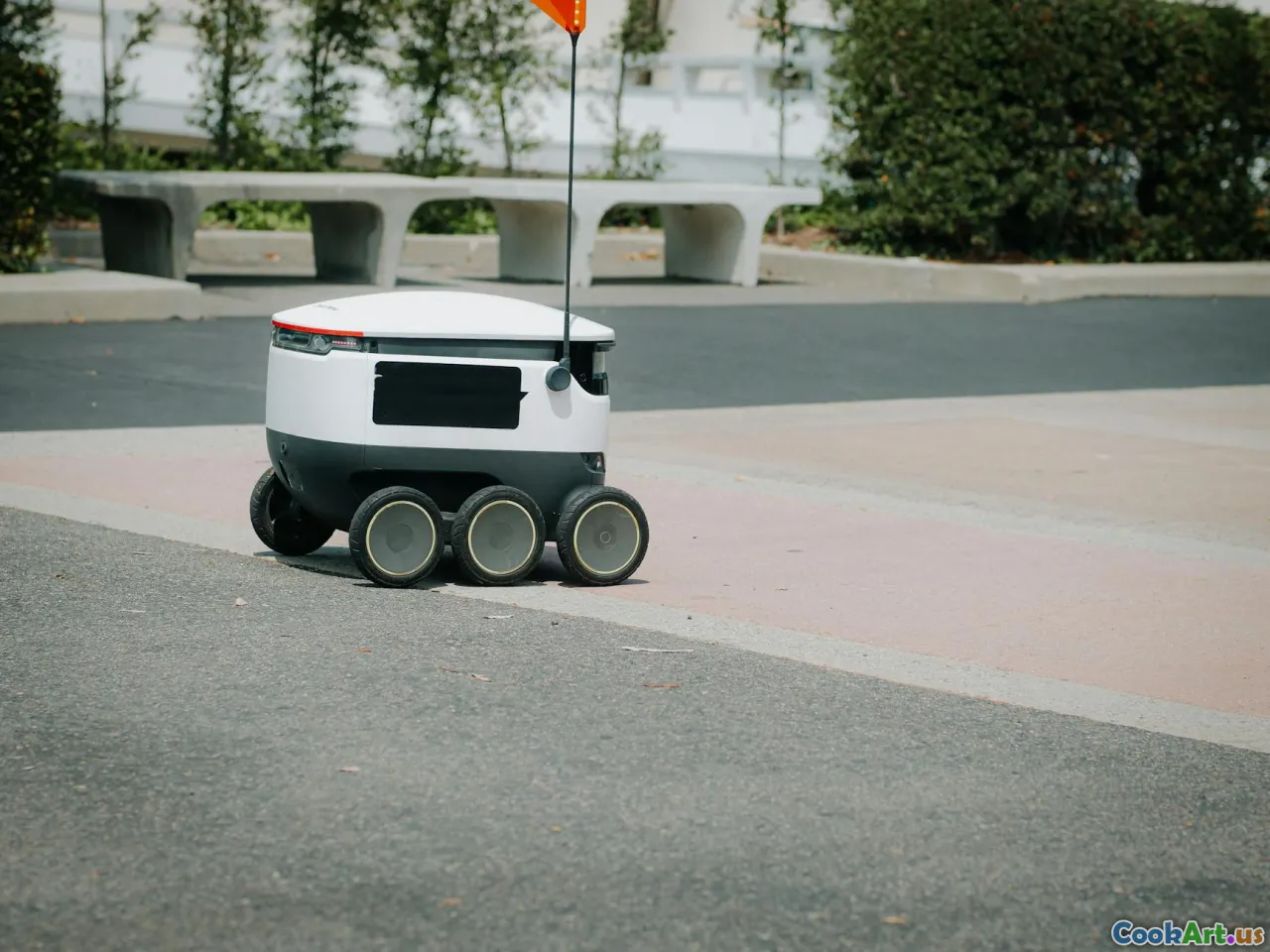AI in Food Production Efficiency
6 min read Discover how AI is transforming food production efficiency, enhancing sustainability and innovation across the culinary landscape. April 09, 2025 18:45
AI in Food Production Efficiency
Introduction
The food production industry is undergoing a seismic shift as artificial intelligence (AI) technologies become increasingly integrated into various processes. From optimizing supply chains to enhancing product quality, AI is revolutionizing how we produce and consume food. This article explores the intricate ways in which AI is enhancing food production efficiency, offering insights into the future of food tech and innovations.
Understanding AI in Food Production
AI encompasses a range of technologies, including machine learning, data analytics, and robotics. In food production, these technologies can analyze vast data sets, identify patterns, and automate tasks that traditionally required human intervention. By leveraging AI, food producers can enhance productivity, reduce waste, and ensure food safety.
Predictive Analytics and Demand Forecasting
One of the most impactful applications of AI in food production is predictive analytics. By analyzing historical data, market trends, and consumer behavior, AI systems can forecast demand with remarkable accuracy. This means that producers can align their supply with actual consumer needs, minimizing overproduction and food waste. For example, major food retailers are now using AI to predict which products will be in demand, thereby optimizing inventory management and reducing spoilage.
Automation in Food Processing
Automation powered by AI is transforming food processing facilities. Robots equipped with AI algorithms can perform repetitive tasks such as sorting, packing, and quality control with speed and precision. This not only increases operational efficiency but also reduces the likelihood of human error. For instance, AI-driven robotic arms can adjust their movements in real-time based on the size and shape of the products they handle, ensuring consistent quality in packaging.
Enhancing Crop Yield through AI
AI is not limited to the processing phase; it plays a crucial role in agriculture as well. Precision agriculture, enhanced by AI, allows farmers to monitor crop health, soil conditions, and weather patterns. By employing AI-driven drones and sensors, farmers can gather real-time data, enabling them to make informed decisions about irrigation, fertilization, and pest control. This targeted approach not only increases crop yields but also promotes sustainable farming practices.
Food Safety and Quality Assurance
Ensuring food safety is paramount in the food production industry. AI technologies can enhance quality assurance processes by monitoring production lines for anomalies and detecting contaminants in real-time. For example, machine learning algorithms can analyze images of food products to identify imperfections or contaminants that might go unnoticed by the human eye. This proactive approach to food safety can significantly reduce the risk of foodborne illnesses and recalls.
Sustainability and Waste Reduction
AI's role in enhancing food production efficiency extends to sustainability efforts. By optimizing resource usage and reducing waste, AI technologies contribute to a more sustainable food system. For instance, AI can analyze energy consumption patterns in food processing plants and recommend strategies for reducing energy use. Additionally, AI can help identify surplus food that can be redirected to food banks or other charities, minimizing waste while addressing food insecurity.
The Future of AI in Food Production
As AI technology continues to evolve, its integration into food production is expected to deepen. Innovations such as blockchain technology, combined with AI, could further enhance traceability in the food supply chain, ensuring transparency and trust from farm to table. Moreover, as consumer preferences shift towards personalized nutrition, AI will play a key role in developing tailored food products that meet individual dietary needs.
Conclusion
AI is not just a trend; it is a catalyst for change in the food production industry. By enhancing efficiency, ensuring food safety, and promoting sustainability, AI technologies are shaping the future of food. As we embrace these innovations, the culinary world stands on the brink of a new era—one where technology and tradition can coexist to create a more efficient and sustainable food system.









